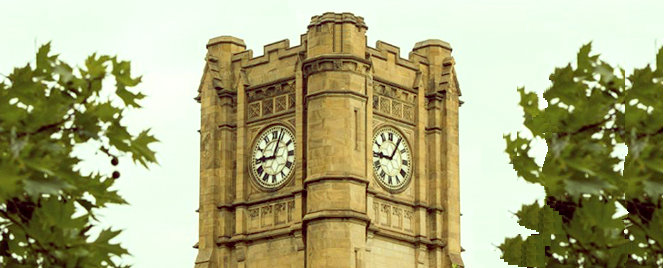
MELBOURNE HISTORY
the region of melbourne has - so assume history researcher - been settled by aboriginal tribes for at least 30000 years. food provision was by hunting, fishing and gathering.
visits of european sailors and trade people began in 1797. in 1803 both, a plan to create farms, and a plan to install a penal facility, failed.
in 1835 john batman and john pascoe fawkner, farmers and business people from van diemen land (now tasmania) both landed in the melbourne area and commenced settlements, on 4th of august and 2nd of september.
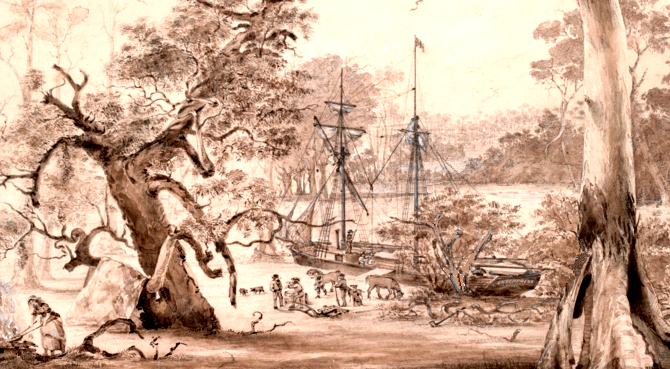
fawkner had been just a few weeks earlier, so he is seen as founder of melbourne. the grave stone of his grave on the melbourne cemetery is still there.
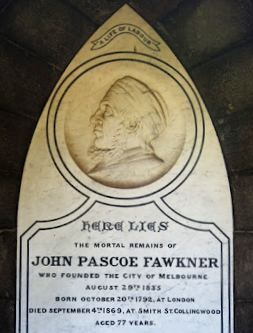
the ship with which fawkner's group used to reach melbourne was the schooner "enterprize".
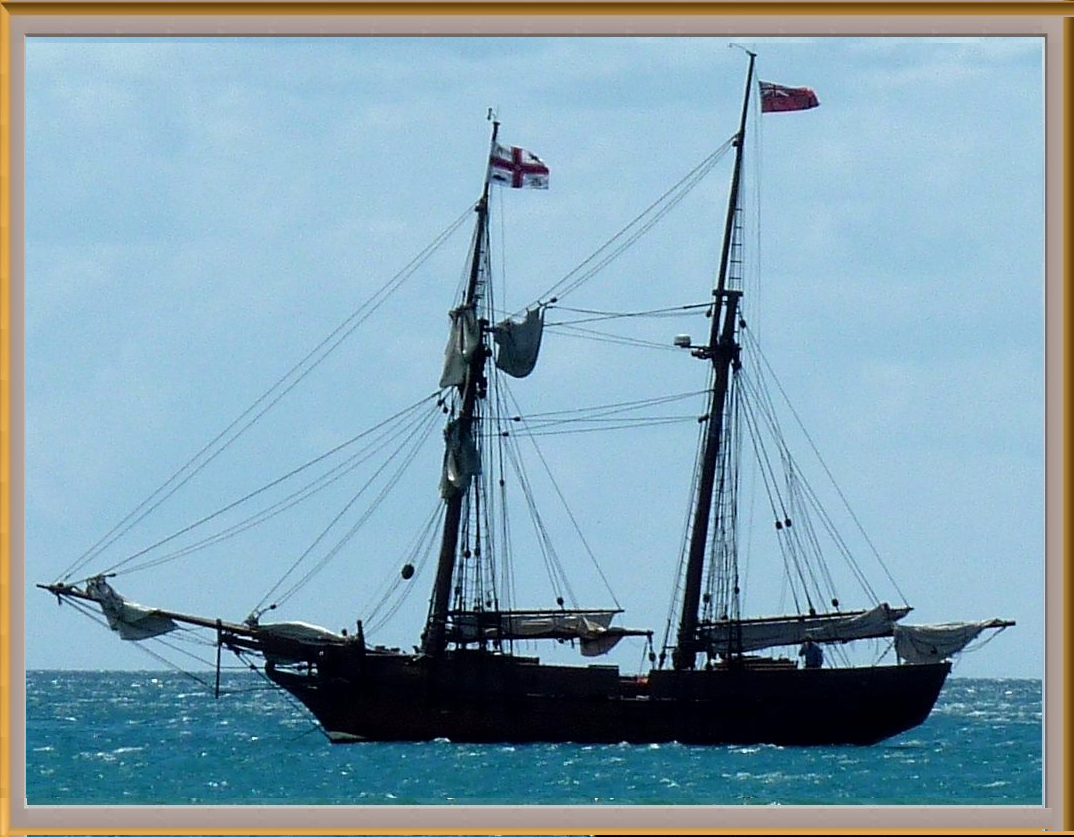
for more info about it see gallery "ship enterprize" under section melbourne.

melbourne was quite some time just a small village, and grew only at slow pace. but eventually its importance increased, especially because of its harbour.
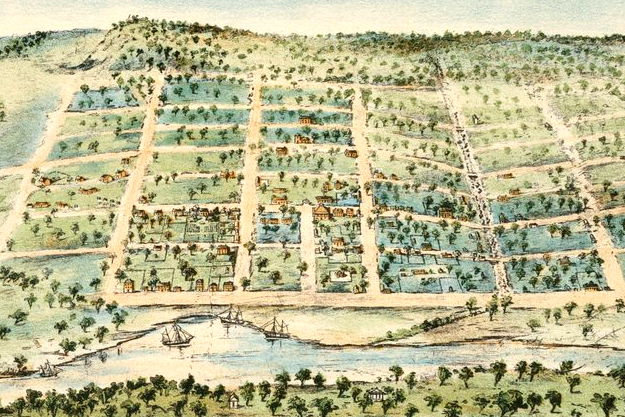
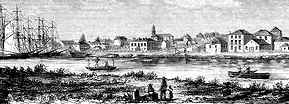

things changed with the victorian gold rush, from 1850 on, because then melbourne experienced a serious boom period. there was no gold digging in melbourne itself - ballarat and bendigo were the core hubs - yet melbourne was the capital, especially because of its banks and as shipping point.
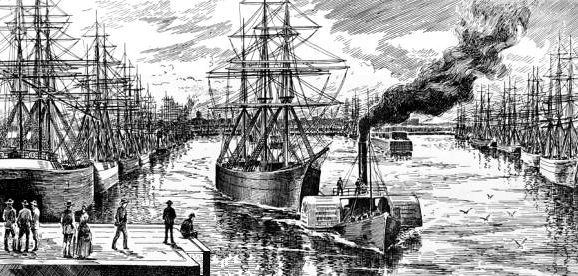

a few decades later, it had become one of the world's largest and wealthiest metropolises. and this showed in a wild building flash, such as the huge melbourne townhall.
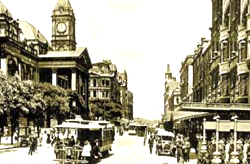
the 'grandest' buildings were the treasure center and the parliament for the state victoria.
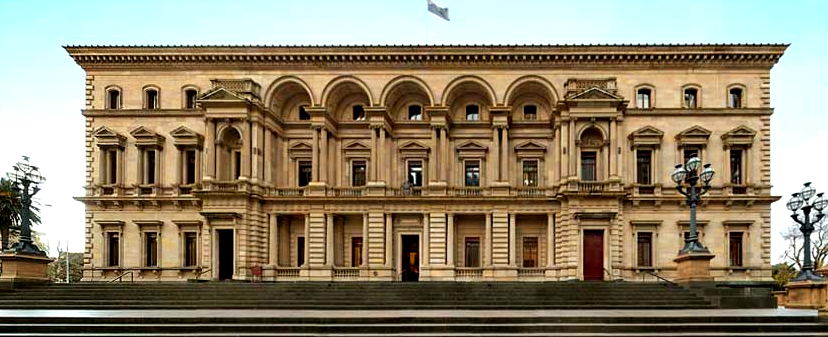
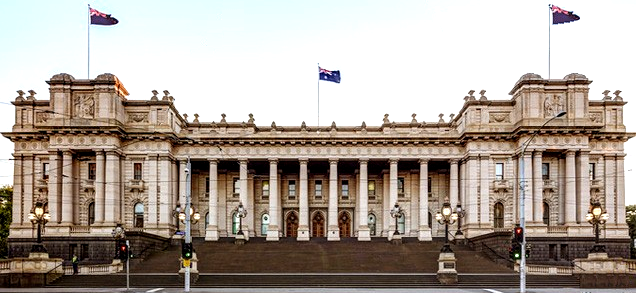

public transport, via trains, trams an buses, was soon intensely dealed with. this included building the railway station flinders, which eventually became a symbol for melbourne, and setting up a very large tram network, nowadays the largest in the world. the tram "w" was for long time the backbone of the system.
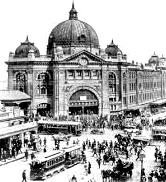
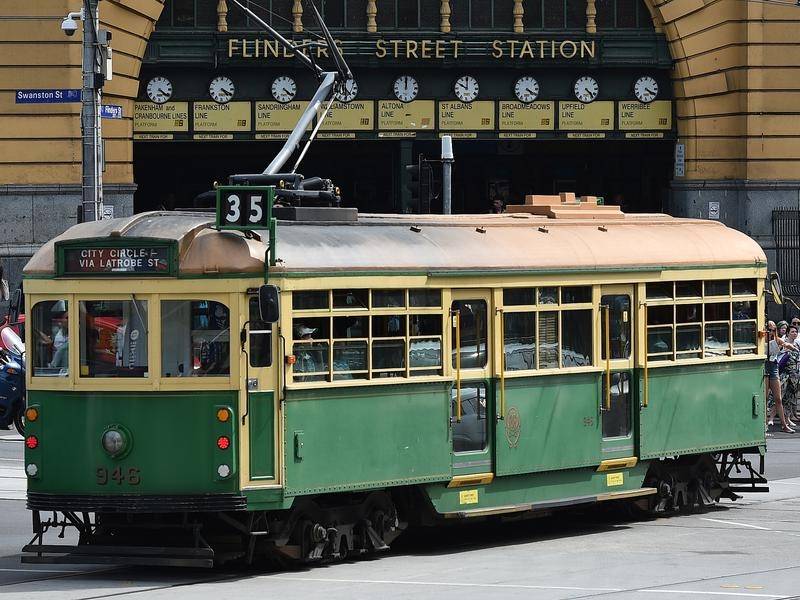
over the last decades, piece by piece modem trams were put into work.
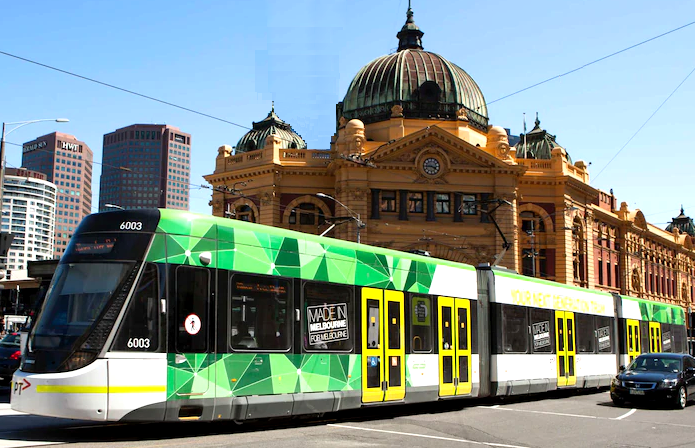

after ww-2, increasingly high buildings and skycrapers were erected - this shapes now the silhouette of melbourne.
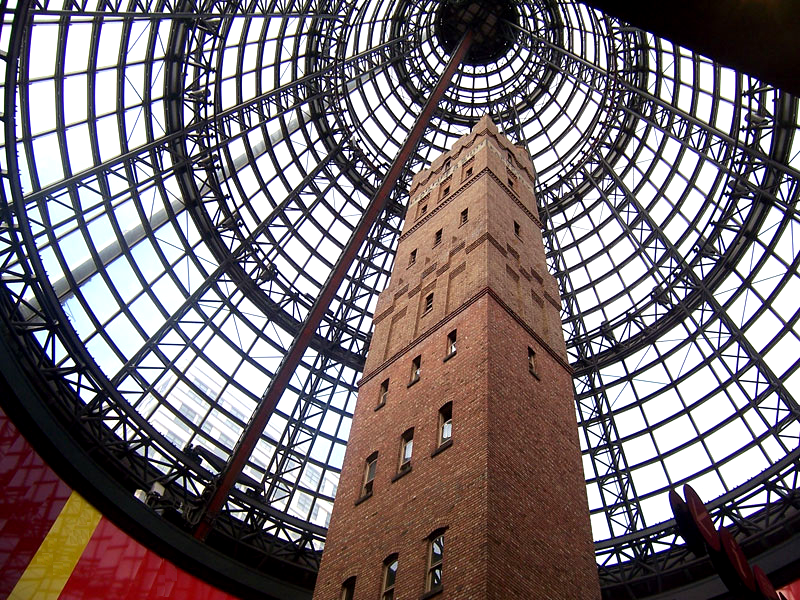
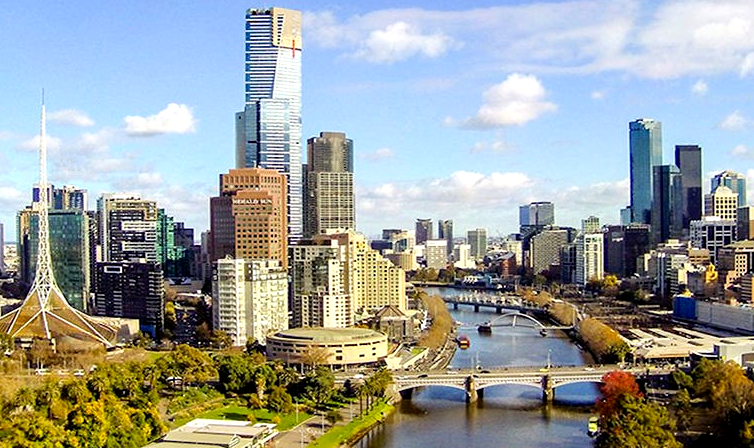
modern architecture styles became popular - here is one example from the city center.
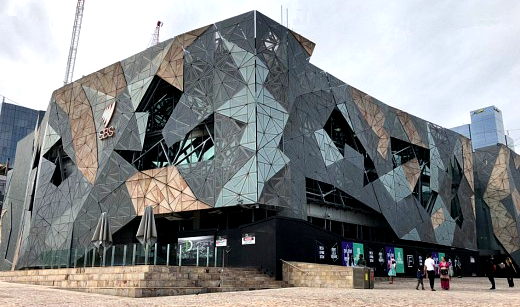

from its early times to nowadays, cultural initiatives were seriously supported. the biggest plots are the international comedy festival, the international art festival, and even the melbourne fringe festival.
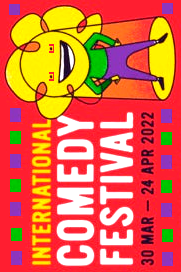
thus melbourne became australia's cultural center. a necessary ingredient are of course the venues for events. meanwhile dozens are available. the largest: the hamer hall, australia's "nr 1" concert venue, which has 2600 seats.
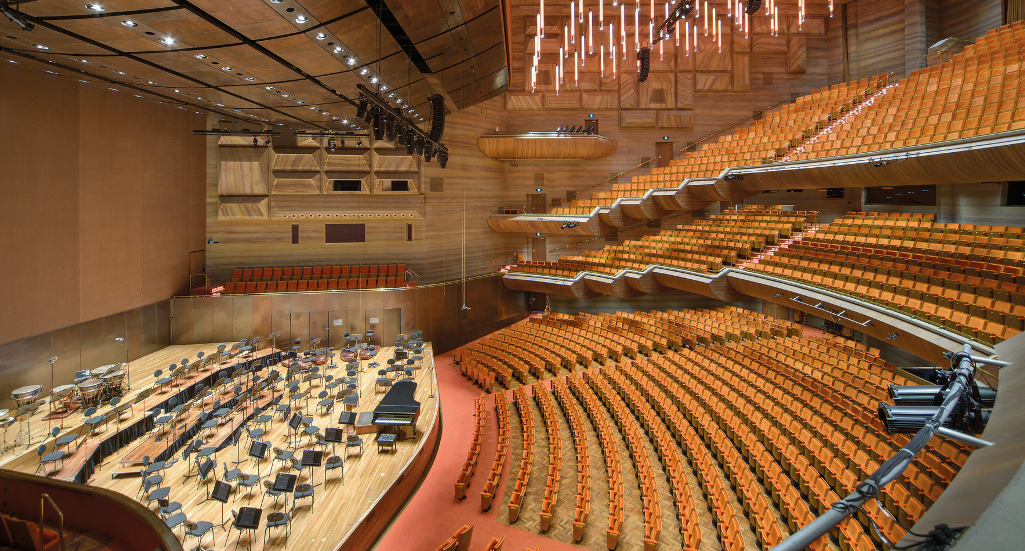

possibly even more supported: sport. events like the international tennis event, the formula-1 car racing, and the famous melbourne horse cup are all enormous. plus: cricket and australian football. so, yes, melbourne is definitively australia's sport center.
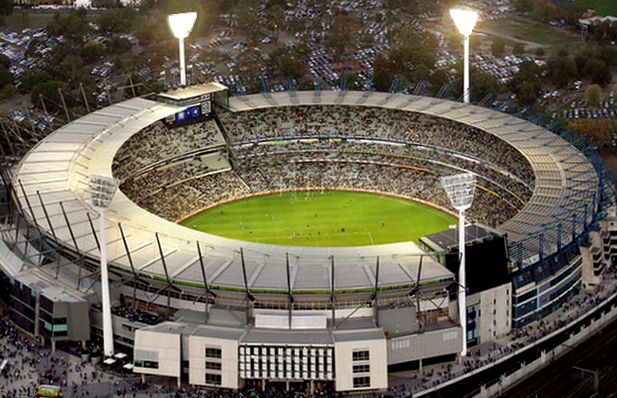
this main stadium can host 105000 people (it's also used for pop concerts - the rolling stones needed it twice.....)

given how many nationalities are living in melbourne, quite a few of them created their own shops, and they conduct an annual festival for themselves, including china, greece, india, italy, vietnam. this includes art and music.
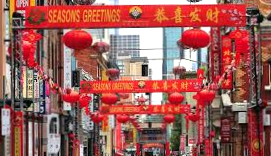

in difference to architecture and business - melbourne has very many public parks, all protected and carefully managed by the pertinent council.
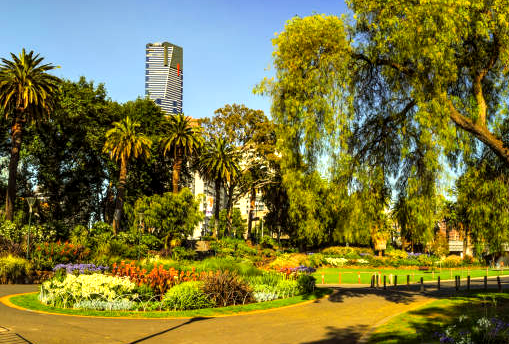

this essay, meant to portray melbourne's history, often stepped into the presence, which is of course far more visible than the past, and given the intense planning in most institutions, discussing future becomes part of describing history.
